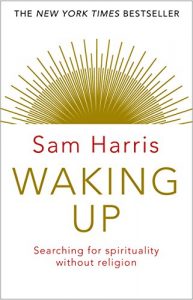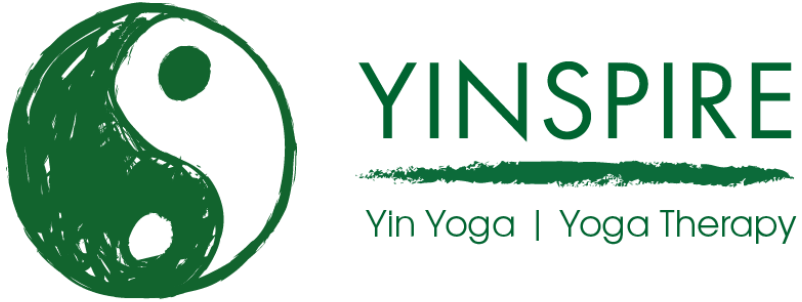 Its easy to fall into seeing science and belief as two mutually exclusive concepts, and from there to see any concept of spirituality as a religious matter and at odds with a scientific and rational approach to life.
Its easy to fall into seeing science and belief as two mutually exclusive concepts, and from there to see any concept of spirituality as a religious matter and at odds with a scientific and rational approach to life.
In this short book – 200 pages – the author seeks to address that divide. Address, not reconcile – this book is no homily to how religious belief and science can be seen as the same, and the author, without being forceful, makes it clear that it regards many aspects of religious belief, across a number of faiths as “ludicrous and divisive” yet he speaks for those who recognise that “important truths can be found in the experiences of such contemplatives as Jesus, Buddha, Lao Tzu, Rumi”.
He goes on to say, “Spirituality must be distinguished from religion—because people of every faith, and of none, have had the same sorts of spiritual experiences. While these states of mind are usually interpreted through the lens of one or another religious doctrine, we know that this is a mistake. Nothing that a Christian, a Muslim, and a Hindu can experience—self-transcending love, ecstasy, bliss, inner light—constitutes evidence in support of their traditional beliefs, because their beliefs are logically incompatible with one another. A deeper principle must be at work. That principle is the subject of this book… …Deepening that understanding and repeatedly cutting through the illusion of Self , is what is meant by Spirituality in the context of this book.”
Given that peoples experiences of organised religion vary widely, and sometimes are quite negative, any approach that allows insight and examination of our condition without the conditioning of religious belief can only be a good one. That in no way is to downplay belief and faith, they have their place – I have my own rooted soundly in Christianity – and for many of us our insight and understanding will be intertwined with them – but it doesn’t have to be as the author shows.
I use the term “Insight” twice in that proceeding paragraph; some of you may have heard me say that I increasingly regard my Yoga practice as a practice of Insight – understanding self, understanding how that self fits into a greater story on earth and beyond. Here its necessary to tread carefully. Sometimes we hear talk of “understanding the self”, then later, “the self is an illusion” or “the self must be transcended” – some of those phrases are implicit in the quote above. Personally I reconcile this around understanding what the 37 trillion (estimates vary!) cells that make up “me” are, or are not; cutting through illusion, but at the same time not denying that those said cells have a bonding and common affinity that make up “me”.
Through the book the author looks at concepts of spirituality, conciousness, self and meditation practice in his search for secular spirituality. He also deals with hindrances like hallucinogens, and the role of teachers and gurus.
This is no prescriptive book, and indeed in many respects its an account of a personal journey of the author, however its a useful and thought provoking book, if only to challenge you to think through your own position. For those without adherence to any particular faith, this book will be useful in showing that spirituality is still a valid experience. For those with adherence to a particular faith, the book is useful to help move beyond dogma and received thought, and clarify the essence of our beliefs.
Waking Up – Searching for Spirituality Without Religion by Sam Harris is available on Amazon, and if you use this link Yinspire earn a small commission.
